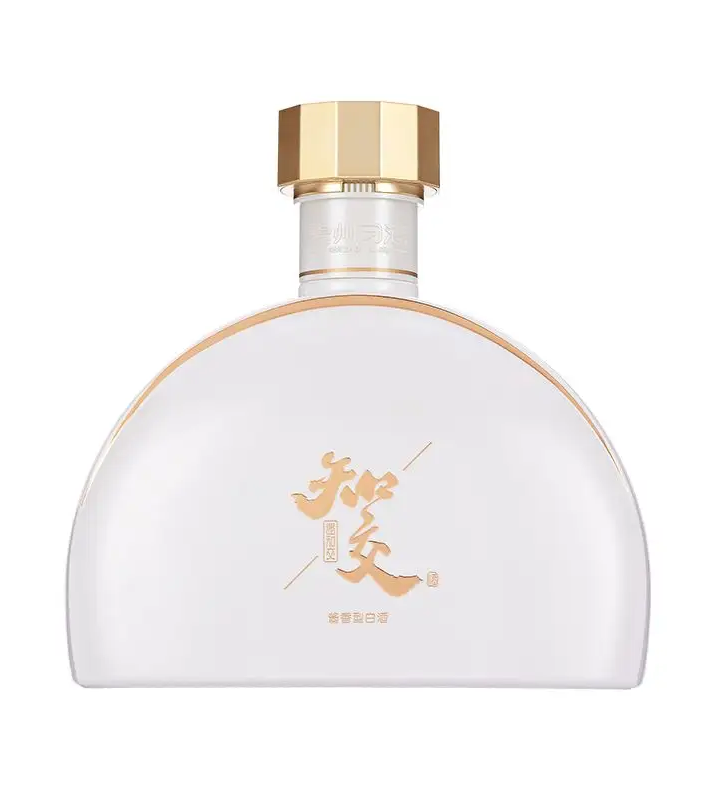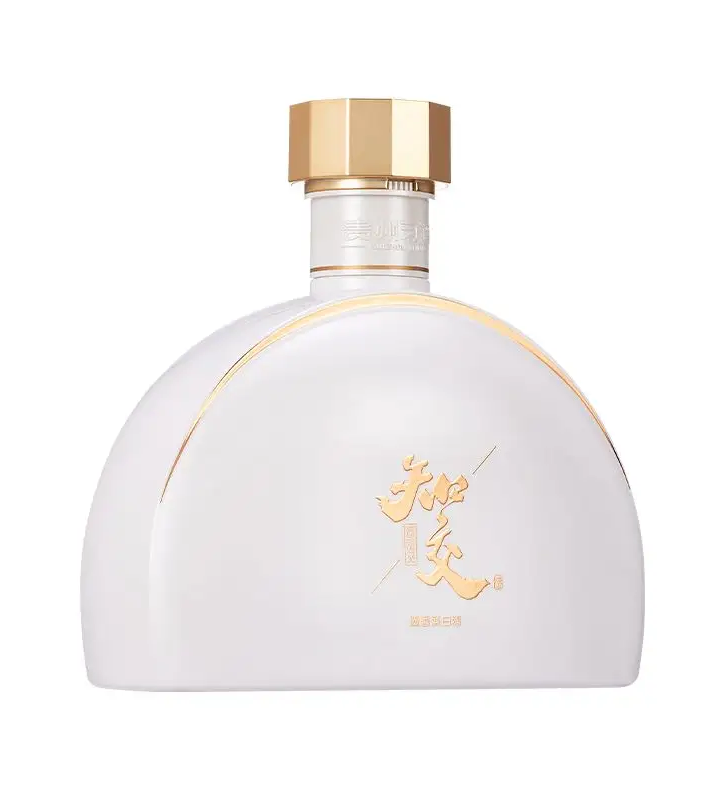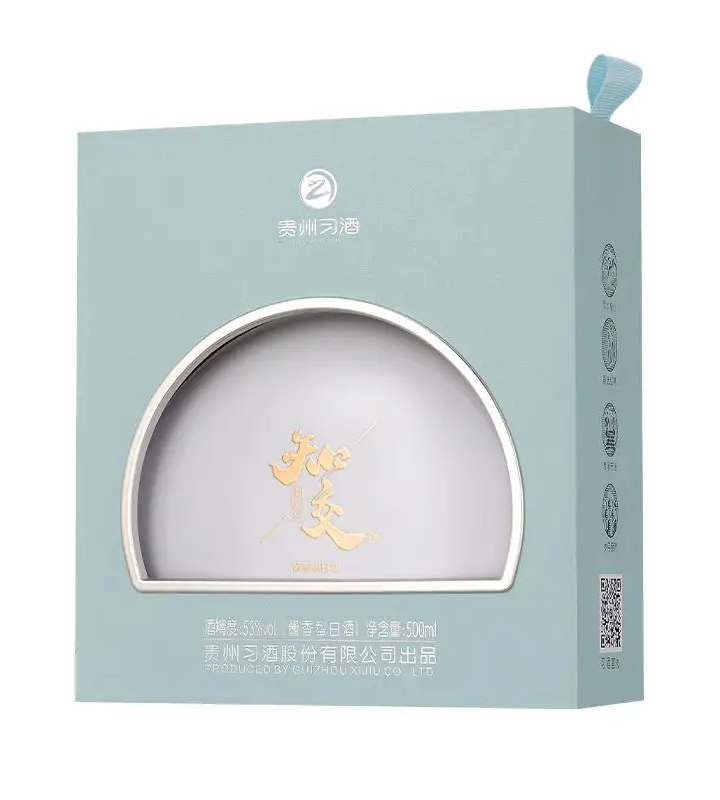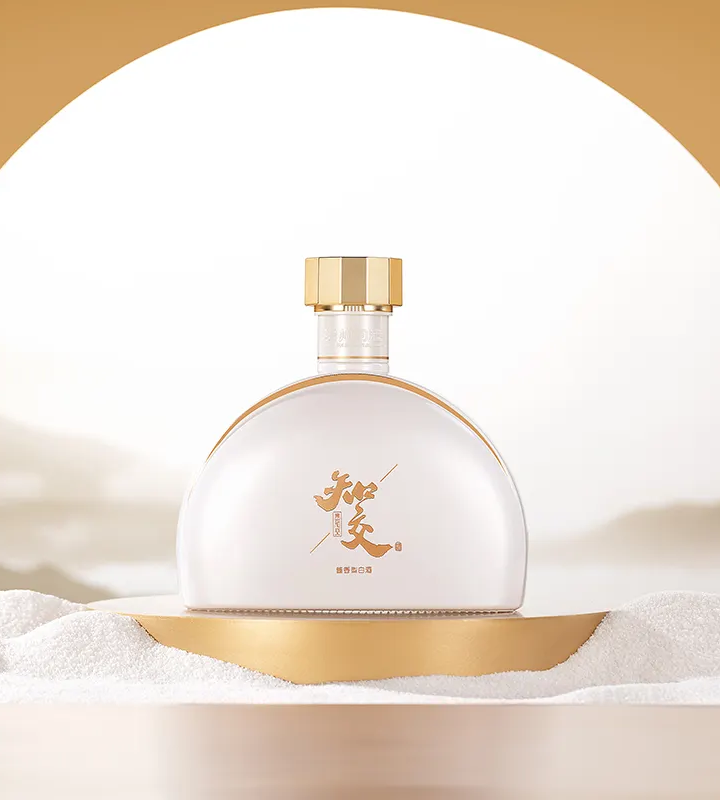
Chinese liquor is often aged in wooden barrels, which imparts additional flavors and aromas to the spirit. The aging process can take anywhere from a few months to several years, depending on the desired quality and complexity of the final product.

Dive deep into Chinese culture’s core with Guizhou Xijiu's real Chinese liquors. Created using quality components and linked by centuries of tradition, these spirits are symbolic of what makes up this kind of brew – they are artistic and refined. Just one sip is enough to travel through ages that recall the background associated with it as a standard constituent of Chinese culture since ancient time.

Guizhou Xijiu’s Chinese liquor blends nature and heritage perfectly well; therefore, it is a reflection of the concept pursued in the course of several centuries in China. Our selections provide a range of flavors with each individual drink representing a careful taste making process aimed at emphasizing on some specific attributes that make this oldest beverage unique. These drinks tell stories from start to finish, their descriptions speaking about meticulous care and absolute devotion to excellence.

With refinement being at its core, Guizhou Xijiu’s Chinese liquors stand for sophistication in drinking too. We celebrate every bottle we bring forth because it symbolizes how intricate these drinks are produced. Whether we drink them alone or share them among friends, our traditional ginseng wine pays tribute to China’s most renowned alcoholic traditions.

At Guizhou Xijiu, we have various types of Chinese liquors that can be used for special occasions which denote joy. Every liquor presents itself like history blended with modernity; it can lift up any gathering because its uniqueness lies in the mixture of elaborate and simple taste. Imbibe a glass of our Chinese Liquor to get into the festive mood and let your senses transcend to China’s joyous spirit.

Guizhou Xijiu Co., Ltd. is a holding subsidiary of Guizhou Xijiu Investment Holding Group Co., Ltd., formerly known as Yin liquor workshop during the Wanli period of the Ming Dynasty. The headquarters is located in the middle reaches of the Chishui River in the North Guizhou Plateau, the Red Army Long March "four cross Chishui" Erlang Tan crossing, near the mountains and by the water, the beautiful scenery, the enterprise covers an area of nearly 6,000 mu, with more than 15,000 employees.
While we adhere to traditional craftsmanship, we continue to innovate technology to ensure that every bottle of Xijiu carries the essence of history and the spirit of modern innovation.
The advantage of our products lies in the strict quality control process. From material selection to brewing to packaging, every link strives for perfection to ensure that consumers can enjoy the highest quality Guizhou Xijiu.
We are committed to sustainability and use environmentally friendly production methods to reduce environmental impact while maintaining high standards of product quality.
Our product line is rich and diverse to meet the tastes and needs of different consumers. Whether it is classic or limited edition, there is always one that suits you.
Chinese liquor originates from the ancient civilization of China, with historical records dating back over 5,000 years. It is believed that the earliest forms of distilled spirits were developed in China, evolving from fermented alcoholic beverages such as rice wine. Over time, various regions in China have developed their own distinctive styles and flavors, including baijiu, which is the most consumed spirit in the country.
Chinese liquor, particularly baijiu, is traditionally produced using a process called "solid-state fermentation," which involves mixing grain with water and yeast to allow fermentation. The grains used can vary but often include sorghum, wheat, barley, or rice. After fermentation, the mixture is distilled to concentrate the alcohol content. Some types of Chinese liquor may also undergo aging in clay pots or other containers to mellow the flavor and aroma.
Chinese liquor holds significant cultural importance in China, serving as a staple at social gatherings, business dinners, and special occasions. It is often used as a symbol of hospitality and respect, and sharing drinks is a common way to build rapport and strengthen social bonds. Chinese New Year and other festivals are times when drinking becomes particularly festive.
